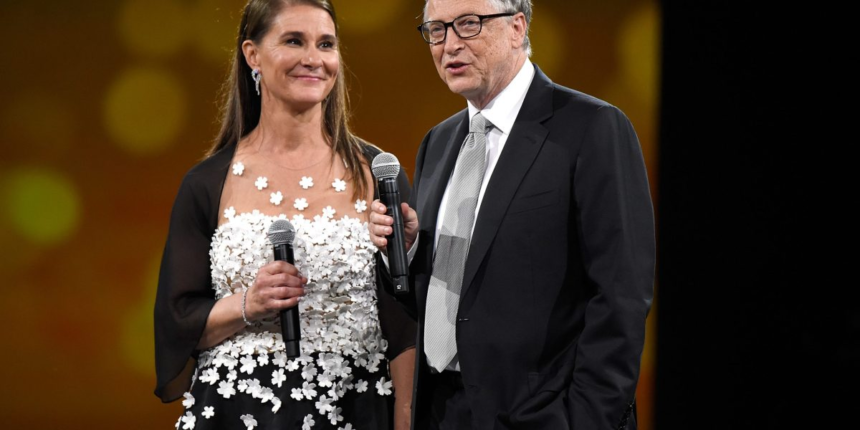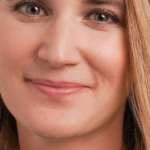Growing up, many little girls were told they should be seen and not heard. The billionaire philanthropist Melinda French Gates, however, was told something entirely different: that she could do anything—and it shaped who she is today.
“My father, who worked on the Apollo missions, believed that women could do anything,” French Gates recently said at the Power of Women’s Sports Summit, presented by e.l.f. Beauty. “He empowered female mathematicians on his team, and talked about that in our house often.”
Raised in Dallas, Texas, with two younger brothers and one older sister, French Gates had parents who were determined that all four children, no matter their gender, would go to college—even when that meant stretching the family finances to send them.
“It was not very easy for them to send us,” she added. “But my father and mother believed that women could do anything in society.”
Her mother, Elaine Agnes Amerland was a stay at home mom, meanwhile, her father Raymond Joseph French Jr. was an aerospace engineer who worked on the Apollo space program. And it was his respect for the women on his team—and his insistence that his own daughters had every right to dream big—that laid the foundation for French Gates’ belief that she could thrive in any room, no matter how male-dominated.
“It’s wonderful to read your book, and I did love the part about your dad—thank you sticking up for the girls,” she said, adding that her dad was the same way and that fathers have a huge impact on their daughters’ future success.
“If he believes in you, like my dad believed in me as much as my brother. I cannot tell you how important it was psychologically.”
“I have a daughter who just started a business this year,” French Gates revealed earlier on the panel. “She got capitalized not because of my contacts, not because of me. I wouldn’t put money into it.”
Her reasoning? If this is a “real business,” she said, then others need to be willing to back it. And more important, her daughter should learn how to navigate the sting of rejection if it doesn’t get that funding. “That’s what I told her,” French Gates added. “She’s growing from this.”
And while the 60-year-old mother didn’t reveal which daughter she was referring to, their youngest, Phoebe, recently launched a fashion-tech startup, Phia, with her Stanford roommate, Sophia Kianni.
It’s not just dads that mould the female leaders of tomorrow. Two other factors play a huge part, French Gates said: Sports and female role models.
“When a young man looks up in society, he can see if he wants to be a politician, three dozen archetypes of male politicians. He can look up and see three dozen archetypes of business leader, three dozen archetypes in sports that he might want to be,” she explained.
“When a young girl looks up, she doesn’t see three dozen archetypes of different types of women she might want to be in sport, politicians, media, business. Take your field.”
That’s why representation matters. “This role modeling that Billie Jean has done over time, it’s what we all have to do so that young girls see that they can be a leader, that they can have money, that they can play the game in society that we all play,” French Gates added.
“The only correlation they can find of women in the C suite, the CEO spot, is that they all played sport—or the majority played sport,” Melinda French Gates highlighted. “And the thesis is they didn’t mind failing.”
“You step out of bounds playing soccer, you go right back to it. You lose the tennis match sometimes. You learn to fail and that failing is okay.”









